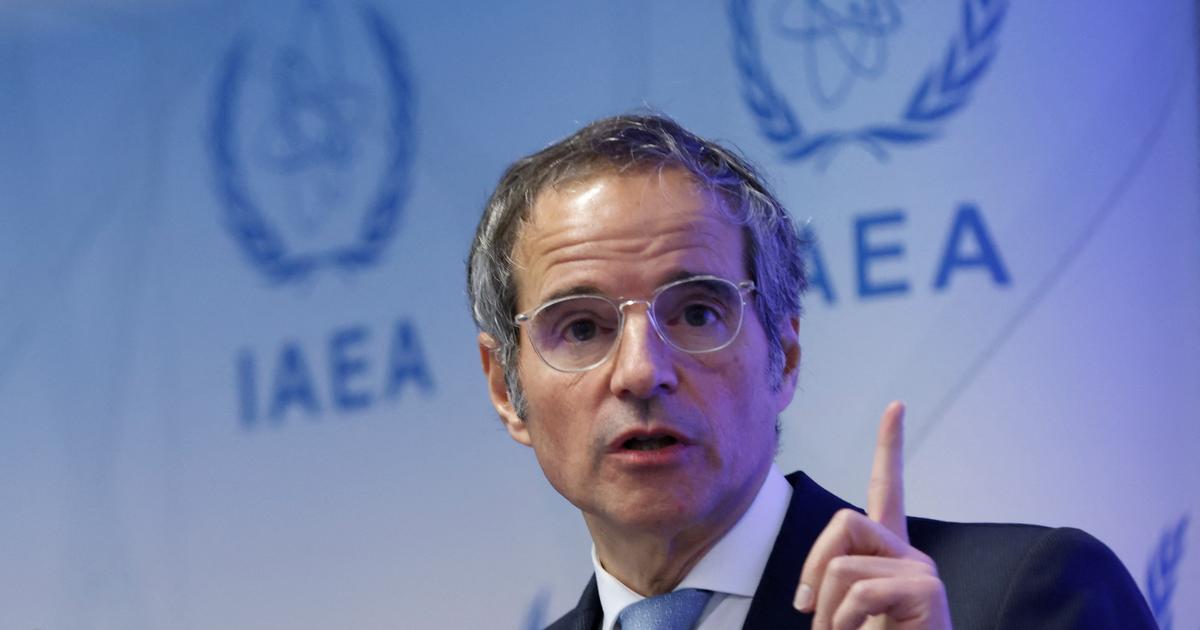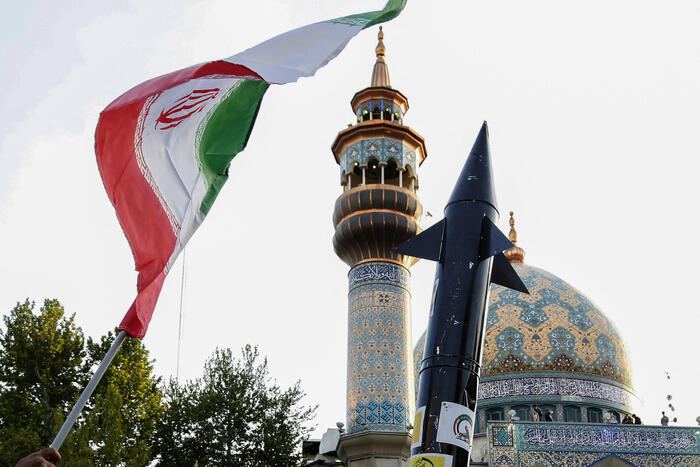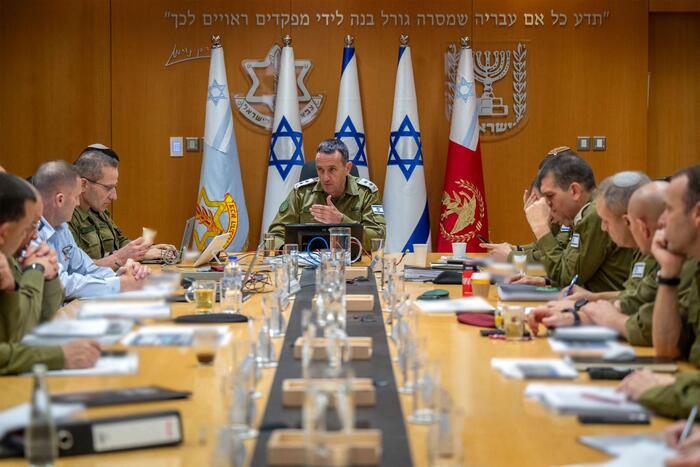The head of the International Atomic Energy Agency (IAEA) Rafael Grossi arrived in Iran on Friday evening, amid cautious optimism about an imminent agreement on the Iranian nuclear file.
Read alsoIranian nuclear: European diplomats return for consultations, a “close” agreement
The crucial visit by Rafael Grossi, who is due to meet Iranian officials on Saturday, comes alongside efforts in Vienna to salvage the 2015 deal. Concluded by Iran on one side and Germany, China , the United States, France, the United Kingdom and Russia on the other, this agreement is supposed to prevent Iran from acquiring the atomic bomb, an intention that this country has always denied.
“I am traveling to Tehran today to meet with Iranian officials (Saturday) and discuss outstanding issues.
The moment is critical but a positive result for all is possible
,” Rafael Grossi tweeted before leaving for Iran.
He is due to meet the head of the Iranian Atomic Energy Organization (AEIO), Mohamad Eslami, in Tehran on Saturday, according to a statement from this organization.
IAEA 'will never give up' on its efforts
Grossi's move comes after he said Wednesday that the IAEA
will "never give up"
on efforts to get Iran to clarify the presence of nuclear material at undeclared sites on its territory.
Iran asks him to close the IAEA investigation to reach a compromise in Vienna that would save the 2015 agreement. Rafael Grossi must hold a press conference on his return to Vienna on Saturday evening, according to the IAEA.
In Vienna, the challenge is to bring Washington back into the 2015 agreement and bring Tehran back to respecting its commitments.
This pact had allowed the lifting of international economic sanctions against Iran, in exchange for strict limits on its nuclear program.
But the United States withdrew from it in 2018 under the Trump administration and reinstated its sanctions which are suffocating the Iranian economy.
In response, Iran has largely freed itself from restrictions on its nuclear activities.
“Close” to an agreement
Friday, the head of European diplomacy Josep Borrell said
"hope for results over the weekend" to "resuscitate the agreement"
of 2015, while remaining cautious in this file where the deadlines are constantly postponed.
European diplomats in Vienna were to return to their respective capitals shortly for consultations, said the same day the head of the British delegation Stephanie Al-Qaq.
"We are close.
The E3 negotiators (Germany, France, United Kingdom) are leaving Vienna shortly to take stock of the situation for ministers.
Ready to come back soon
,” she said.
The three European countries, alongside Russia and China, have been involved in the talks in Vienna for several months.
The United States participates indirectly.
Thursday, they considered that a
"possible agreement"
was
"close",
calling for
a "quick"
resolution of outstanding issues.
Iranian Foreign Minister Hossein Amir-Abdollahian said he was ready to go to Vienna in the event of a
"final agreement"
, which according to him depends on
"full respect for the red lines announced by Iran, including economic guarantees
.
He did not specify these guarantees or these
“red lines”
.
The agreement soon expires
The next few days are perceived by Westerners as decisive because they believe that at the rate at which Iran is making nuclear advances, the agreement will soon be null and void.
France considered it
"urgent"
to
"conclude this week".
Observers believe that the West could leave the negotiating table if a compromise is not reached this weekend.
Along with the negotiations in Vienna, Iran continued to accumulate stockpiles of enriched uranium.
According to an IAEA report consulted by AFP on Thursday, they now exceed the limit authorized by the 2015 agreement by more than 15 times. Iran exceeded the 3.67% enrichment rate set in early 2021. by agreement, amount first to 20%.
Then he crossed the unprecedented threshold of 60%, approaching the 90% needed to make a bomb.
This report will be examined at the IAEA Board of Governors next week, with negotiators hoping to reach a compromise before then.
Rafael Grossi's last visit to Iran dates back to November.








